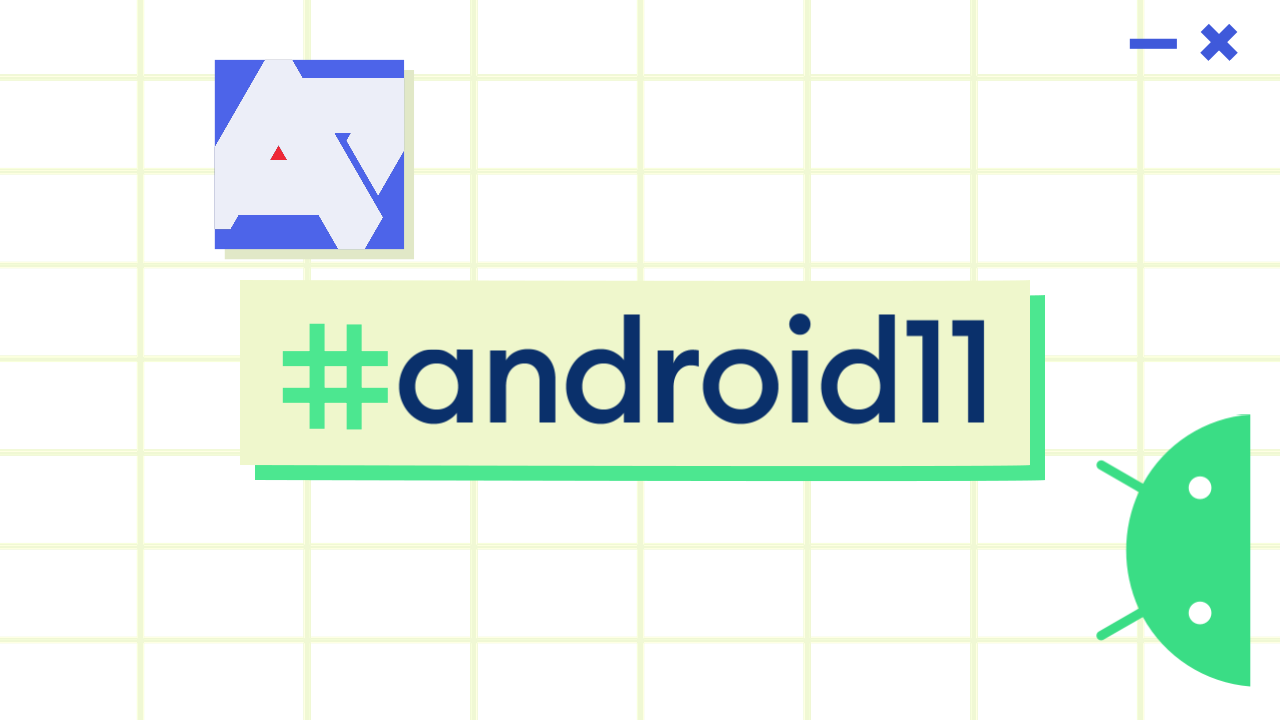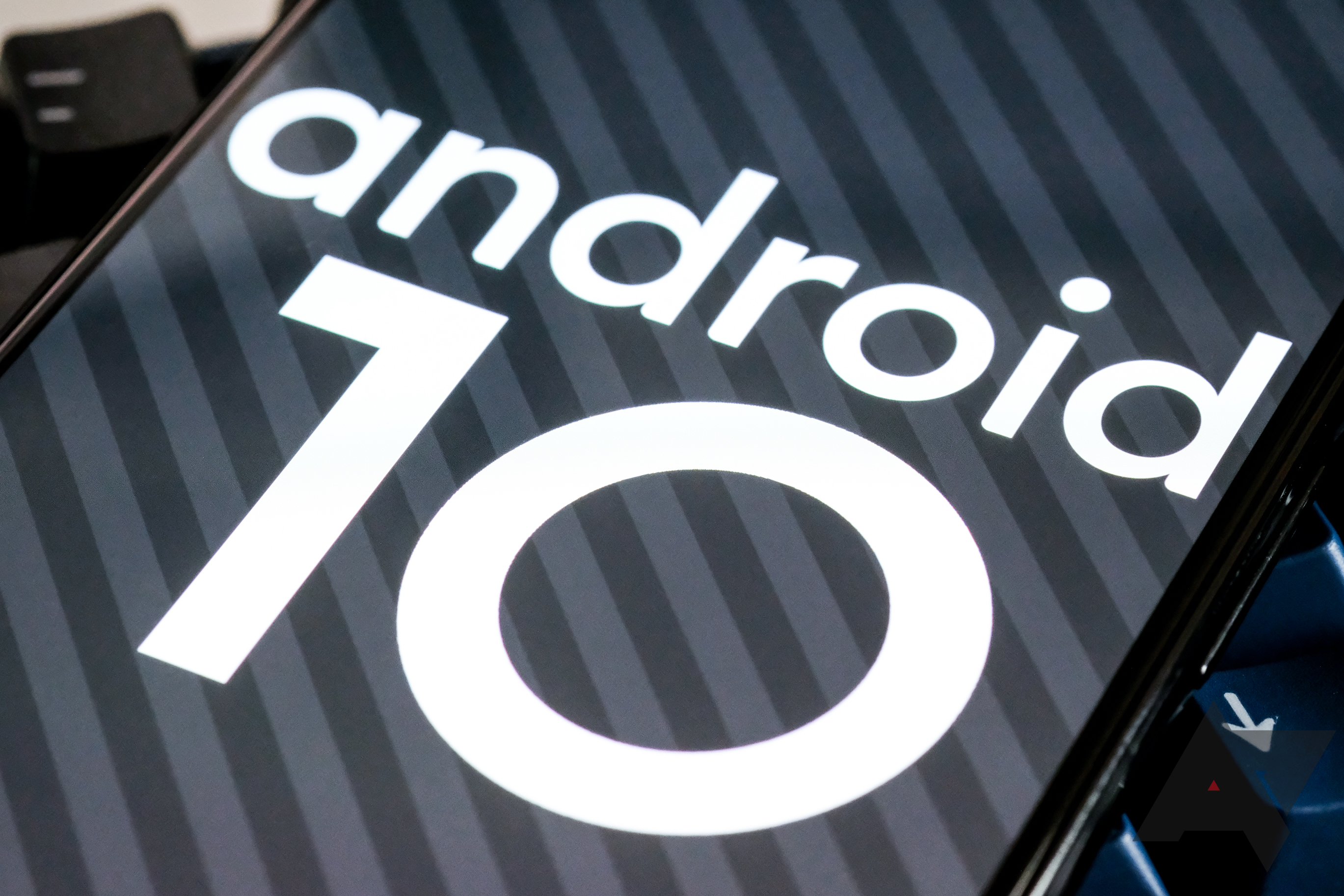latest

Google has built on the success of things like Project Treble to increase the pace of Android update rollouts. Last year, Android 10 was the fastest-deployed update ever. But it looks like Android 11 has just barely beaten the number of active users in the wild compared to the same time last year.

Future Android phones may get 4 years of updates, thanks to Google and Qualcomm
It's still up to phone companies to deliver, but new chips will make it possible
In what might prove to be the biggest Android news story of the week, today Google announced that all of Qualcomm's future chipsets, starting with the upcoming Snapdragon 888, will support three Android OS updates and four years of security updates. In layman's terms, that means some new phones landing in 2021 will probably get an extra year of updates — assuming OEMs step up to the plate and follow suit.

Critics of Android are always quick to point out its very real fragmentation issue, and how long it takes for major version updates to land across the ecosystem. But it's less of a problem with every major update, and that's culminated with last year's Android 10 release. Between Treble, GSIs, and Project Mainline, Google has been making a good dent in update uptake in the last two years, and Android 10 has seen the fastest adoption of any Android update ever.

Android is built on top of the Linux kernel, but it has always used a heavily-modified version with changes from OEMs, chip manufacturers like Qualcomm and MediaTek, and Google. There have been efforts over the years to close the gap between the two kernels, but now Google is getting more serious about it.

We're all familiar with Android's dirty "F" word: fragmentation. Turns out, we can't really depend on phone manufacturers to keep devices updated out of the goodness of their own hearts, so Google has been rolling out changes like Project Treble meant to make that job as easy for them as possible. Based on some recently published metrics, Treble is making a big difference.

At last year's I/O, Google surprised many of us by announcing that the Android P beta would not only be available on the Pixel line-up, but also on select devices from other manufacturers. Project Treble played a huge role in making that possible, and things are going to be even better this year: more companies will be part of the Q beta than P.

Read update
OnePlus' OxygenOS Open Betas give us an illuminating glimpse into the company's future software plans. Although it's possible that not every feature that makes it into the Open Betas will be deemed fit for stable release, they give us an advance look at the company's intentions, if nothing else. Today OnePlus has released a new pair of Open Betas for the OnePlus 5 and 5T, and the changes are quite substantial, including "Supported [sic] for Project Treble."

Project Treble, something that you might read in some of our reviews and comment sections, is an important shift in Android as we know it. One of the pieces of Oreo, Treble was Google's attempt to improve the terrible update situation we see on many third-party phones, especially from Samsung, Asus, and Huawei. So far, only a few manufacturers have implemented it to any noticeable degree, with others outright ignoring it until the last possible minute.

One of Android's biggest criticisms over the years has been how fragmented its version distribution is at any given time. At Google I/O in May last year, Google unveiled a plan to modularize the OS and make it easier to update. Project Treble, in short, separates out the base-level Android framework from the vendor implementation so OEMs are able to release OS updates without having to wait for chipmakers to update drivers.

Read update
One of the most important features included in Android 8.0 Oreo is 'Project Treble,' Google's attempt to modularize Android. We covered it in detail here, but in a nutshell, Treble separates all the low-level device drivers (known as the 'vendor implementation') from the rest of Android. This makes updating phones/tablets to the latest version of Android much easier for manufacturers, as long as they already support Treble.

Android phone buyers have been begging Google for years to do something about the platform's typically slow updates. As of this month, Android 8.0 Oreo only has 0.3% market share among Android devices, Marshmallow (released in 2015) is still at 30%, and Lollipop (from 2014) sits at 27%. Google's latest attempt to solve this problem is 'Project Treble,' a major restructuring of Android that is part of 8.0 Oreo.

In a recent presentation at Linaro Connect, it was revealed that the Linux kernel would be moving to a six-year LTS. Right now LTS kernels are only supported for two years, which can be a problem when a hardware design pipeline can take more than 12-18 months for a device to make it into a consumer's hands, and that's not even taking into account SoC development. This new change, combined with Google's Project Treble, could further extend device support for Android updates and might spell good news for consumers.

One of the big advancements in Android O will be support for the new Project Treble system framework. This modular approach to Android could accelerate the update process and ensure devices are supported for longer. However, we've been hearing that Treble would only work on new devices that ship with Android O. The exception to that being the 2016 Pixels. Google engineers revealed on a podcast today that some other devices could get Treble in an update, too.

With a recent example of how not to do a Reddit AMA still fresh in the mind courtesy of OnePlus, yesterday was Google's turn to show us how it's done. A long list of key personnel from the Android engineering team took to r/androiddev to answer questions from the community regarding the upcoming release of Android O. As you'd expect, the team remained coy about a number of things they're simply not yet allowed to speak about, but they did have some interesting things to say. Here are some of the highlights.

There are a few reasons why your phone or tablet stops getting Android updates. One reason could be that the maker of your device's processor (e.g. Qualcomm or MediaTek) never updated the drivers for newer versions of Android. This is why no phones or tablets with the Snapdragon 800/801 chip ever officially received Android 7.0 Nougat, including the Nexus 5.

Easily the most annoying aspect of using an Android phone (with the exception of Pixel/Nexus) is slow updates. Android 7.1 (which came out last year) currently sits at 0.5% marketshare, and brand new phones are still being released with 6.0 Marshmallow. Google is aiming to solve this with "Project Treble," which will modularize part of the Android OS to decrease the time OEMs spend updating their devices.





